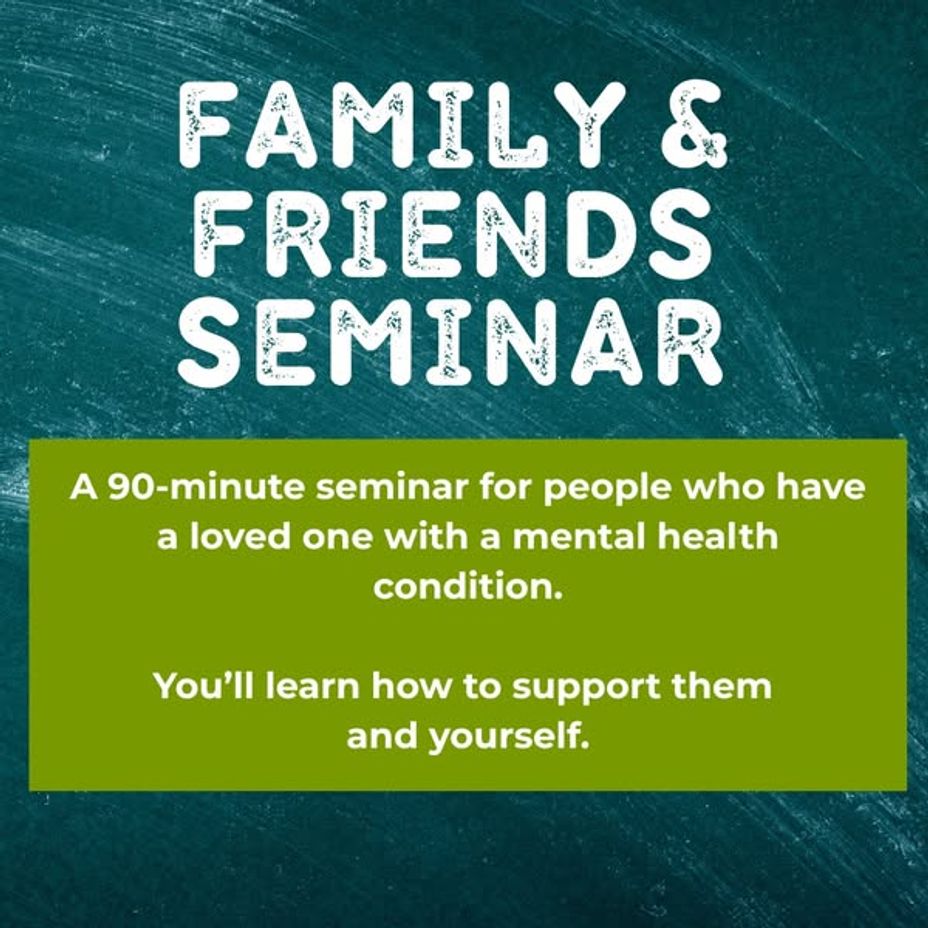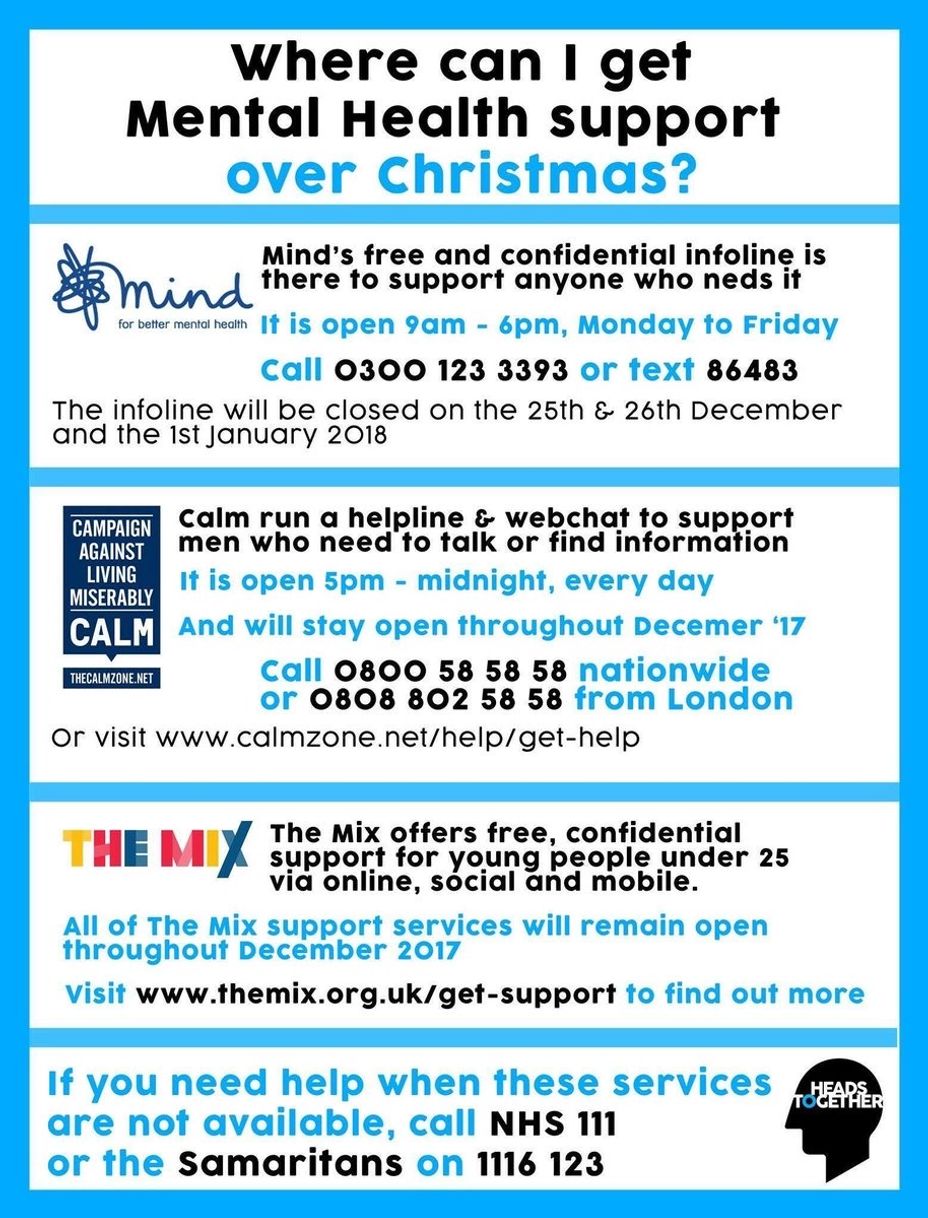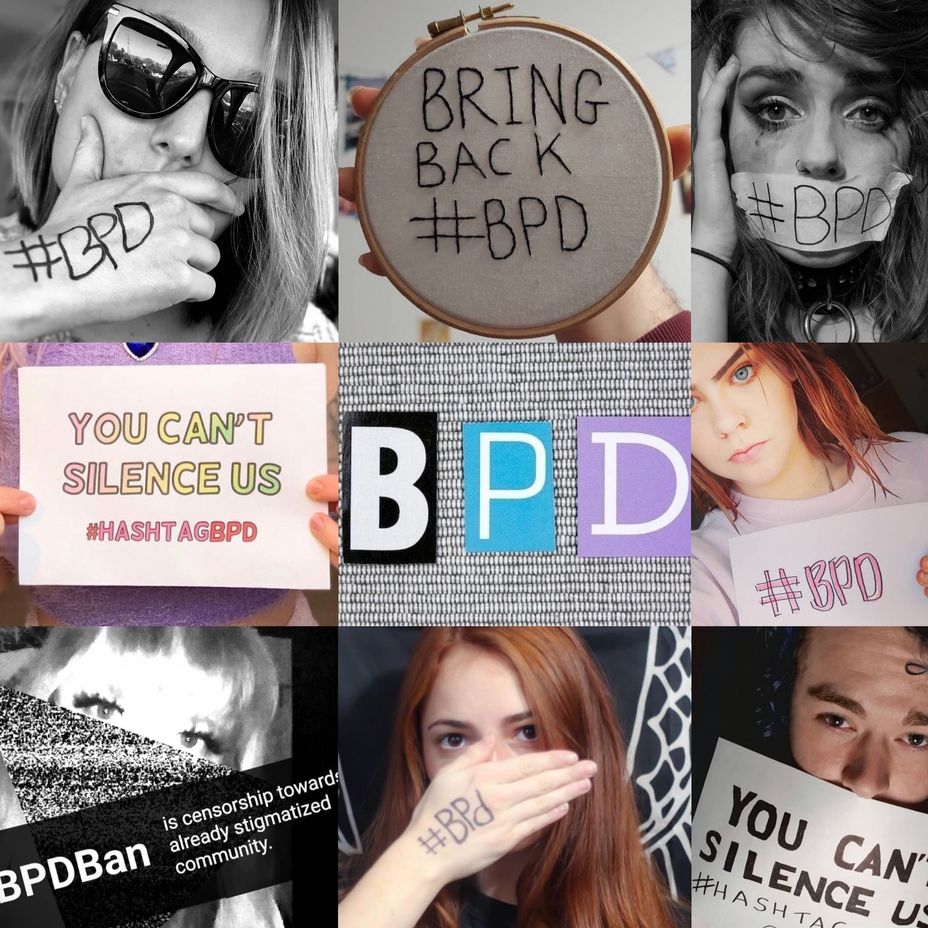Labels. They’re everywhere—sometimes whispered, other times shouted. They can be badges of honor, or weights so heavy they feel impossible to carry. For those of us navigating the complex world of mental health, labels can be both a curse and a compass: they can tether us to shame, or guide us toward understanding and healing.
When I received my first diagnosis, it was like being given a name in a language I didn’t yet understand. Generalized Anxiety Disorder, they said. It felt like someone was trying to summarize my chaos in three sterile words. But the story didn’t stop there. More diagnoses came: OCD, ADHD, PTSD, Bipolar I, BPD, MDD. Each one felt like a name tag hastily slapped onto my chest, screaming, This is who you are!
At first, these labels felt like accusations—loud declarations of my brokenness. But over time, I realized they weren’t insults; they were clues. Maps, imperfect and incomplete, pointing me toward help and understanding. They didn’t erase the fog I was stumbling through, but they showed me there was a way out.
The Harm in Labels
Let’s be honest: labels can hurt.
They can take the intricacy of a human being—our dreams, talents, and quirks—and reduce it to a single word: Depressed. Bipolar. Disordered. Labels have a way of stripping us of our humanity, making us feel like our diagnosis is the only interesting thing about us.
For me, labels invited assumptions. “You’re just overreacting—it’s your borderline personality disorder.” Or, “You can’t focus because you’re ADHD; you’ll never finish anything.” These weren’t just external judgments; they crept into my inner dialogue, convincing me that I was inherently chaotic, undeserving of peace.
And then there’s stigma—society’s quiet but deafening way of saying, You’re not normal. Stigma turns diagnoses into scarlet letters, making us feel like the very thing meant to help us is proof of our failure.
It’s a cruel paradox: the labels intended to guide us can feel like chains, holding us back from the very healing we’re seeking.
The Healing in Labels
But here’s the flip side: labels can also save your life.
When I was first diagnosed, I didn’t understand why my brain felt like a battleground. Why I couldn’t just calm down, or why my sadness felt like an endless, inescapable black hole. My diagnoses became the keys to doors I didn’t know existed. They led me to therapy, to tools and treatments that made my life manageable, even joyful.
I stopped seeing my labels as sentences, and started seeing them as sentences—stories I had the power to rewrite.
Yes, I have Bipolar I. That means my highs and lows are part of my biology, not a moral failing. Yes, I have PTSD. That means my triggers stem from trauma, not weakness.
Understanding the why behind my struggles gave me the power to fight back. And that’s the beauty of labels when they’re used wisely—they don’t define you; they inform you. They don’t confine; they clarify.
Practical Steps for Reclaiming Your Labels
If you’re navigating your own diagnoses and struggling to make sense of the labels, here are some steps that helped me reclaim mine:
1. Reframe Your Narrative:
Challenge the negative stories you’ve attached to your labels. Instead of seeing ADHD as a disorder, see it as a source of boundless creativity and fresh ideas.
2. Educate Yourself:
Learn the science behind your diagnoses. Understanding your brain’s wiring can demystify your struggles and replace shame with empowerment.
3. Find Your Allies:
Surround yourself with people who see you as a whole person, not just a diagnosis. Therapists, support groups, and trusted friends can remind you of your worth when you forget.
4. Practice Radical Self-Compassion:
Treat yourself with the same kindness you’d offer a dear friend. Remember, you’re not broken—you’re beautifully human.
5. Redefine Your Labels:
Create your own empowering name tags. Replace “Anxious” with Thoughtful Strategist. Replace “Depressed” with Resilient Fighter. You get to decide what your labels mean.
The Balancing Act
Here’s the truth: labels are tools, not truths.
They’re like glasses that help us see the world more clearly—but they’re not the entire picture. Your diagnosis is part of your story, but it’s not the title of your book.
Living with a diagnosis means learning to embrace your labels without letting them limit you. It’s about holding space for both: the struggle and the strength, the past and the future, the pain and the possibility.
What I Wish I Knew Sooner
If I could go back to the day I received my first diagnosis, I’d tell myself this:
• Labels are not prisons. They’re the beginning of understanding.
• You’re not broken. You’re human, and humanity is messy and beautiful all at once.
• There’s power in self-awareness. Use your diagnosis as a tool to grow, not a weapon to shrink yourself.
• You’re always more than your labels. Always.
Name Tags for My Mind
When I think about the labels I’ve been given, I no longer feel shame. Instead, I see them as name tags I’ve scribbled over, rewritten, and redefined.
• Instead of “ADHD,” I write Innovative Dynamo.
• Instead of “Bipolar,” I write Resilient Dreamer.
• Instead of “Depression,” I write Warrior of Light.
Because at the end of the day, we are all so much more than the words the world gives us. Our minds are intricate, vast, and endlessly unique—and no single label can capture the fullness of who we are.
So wear your name tags if you must, but don’t be afraid to write your own. After all, you are the author of your story.
To anyone reading this who’s wrestling with their own labels: you are not alone. Take a moment today to reclaim your narrative. Write your own empowering name tags. What words would you use to describe yourself beyond your diagnoses?
Because labels aren’t the ending—they’re the beginning. They’re the first step toward understanding, healing, and thriving. And while the journey may be long, it’s one worth taking.
"Labels are not the story—they’re just the chapter titles. You get to decide how the story unfolds."
Corey Welch
Author | Mental Health Advocate | Champion of Self-Acceptance
Corey Welch
Author | Mental Health Advocate | Champion of Self-Acceptance
#MentalHealth, #ADHD, #SelfAcceptance, #MentalHealthAwareness, #LabelsMatter, #HealingJourney, #OvercomingStigma, #Empowerment, #MentalHealthMatters, #SelfGrowth, #PersonalDevelopment, #ADHDAwareness, #SelfLove, #InnerStrength, #MentalHealthBlog, #EmbraceYourStory, #SelfCompassion, #Resilience, #BreakingStigma, ##mentalhealthsupport







